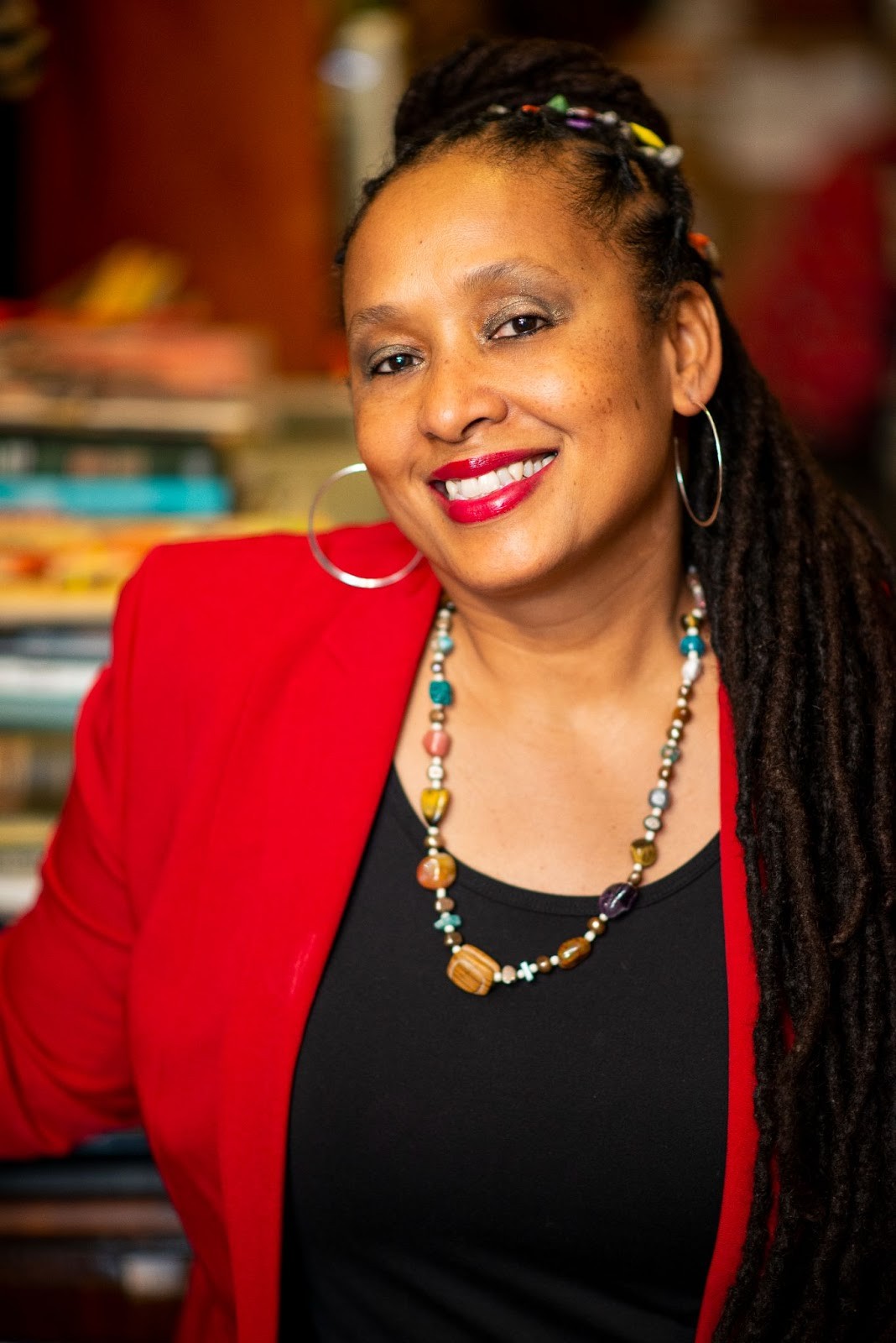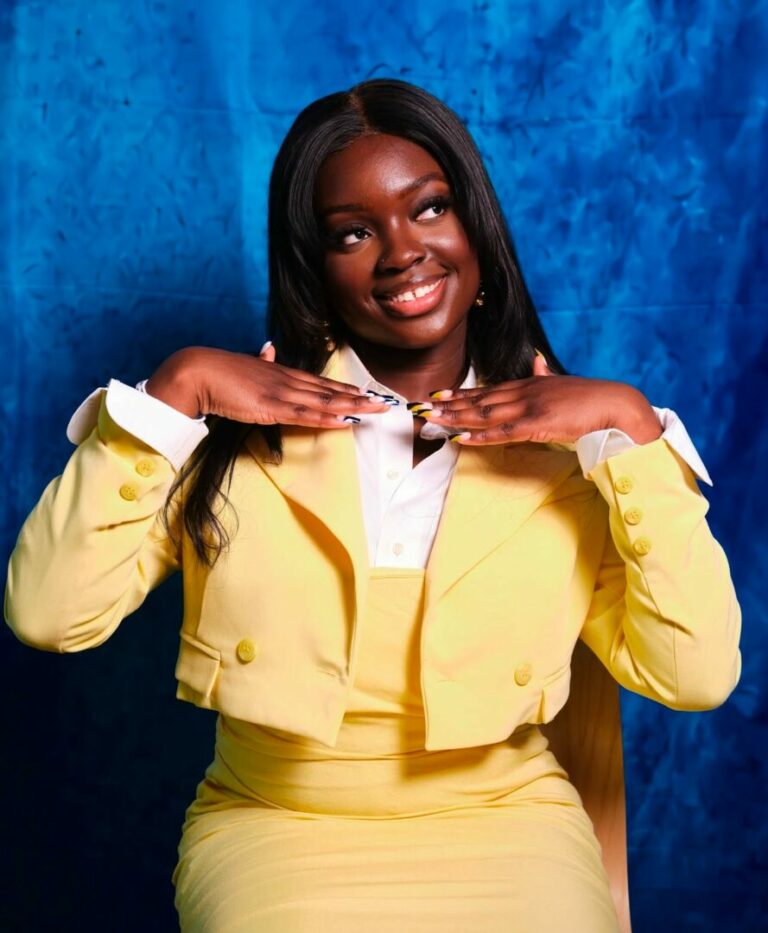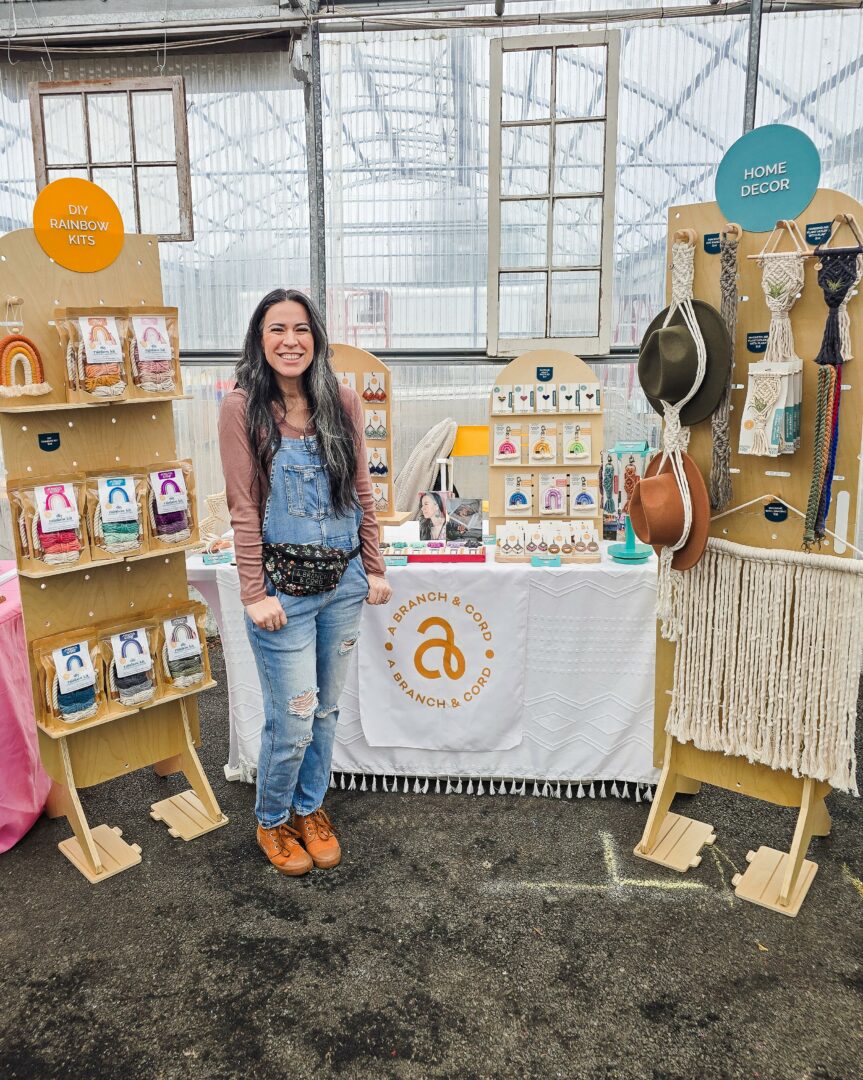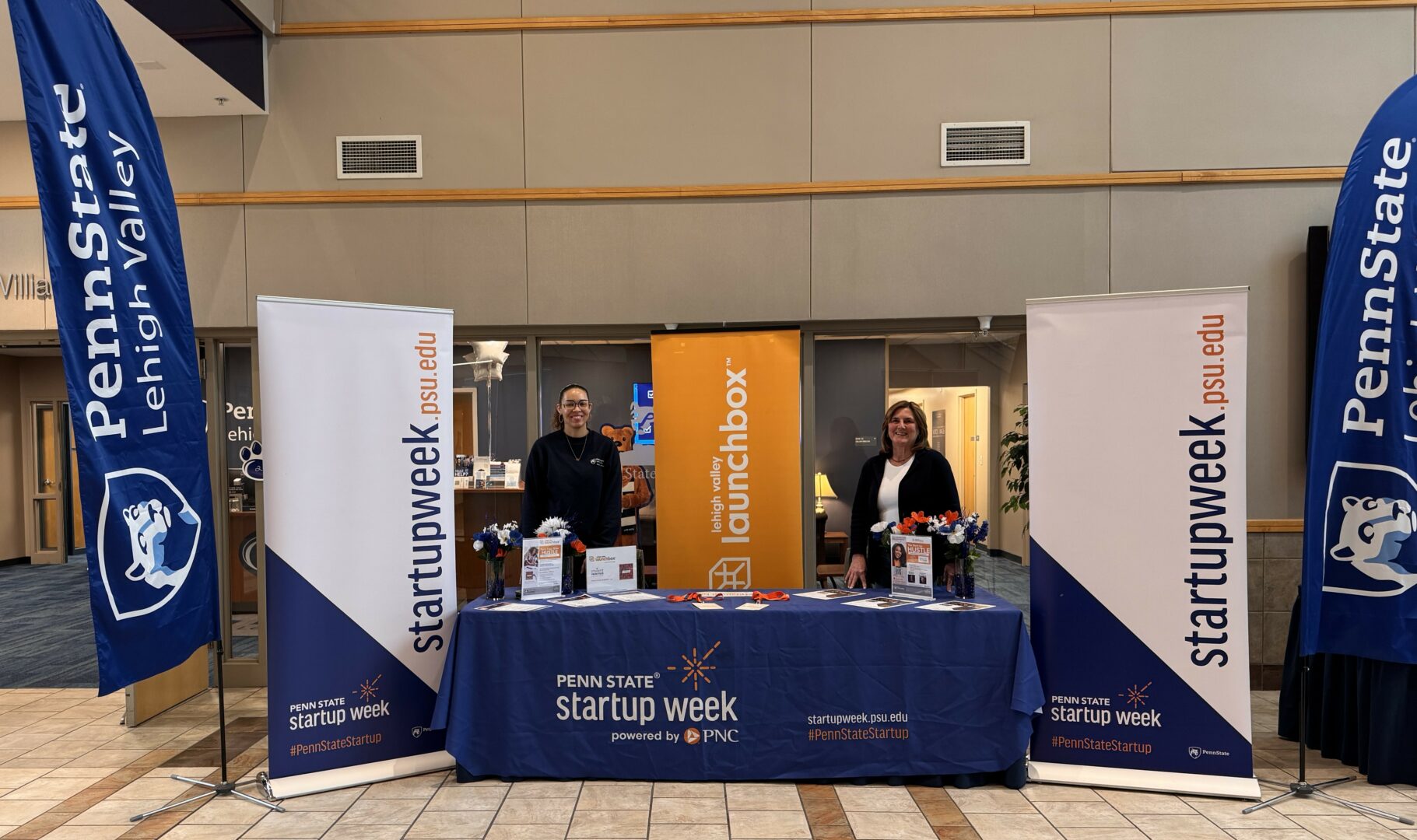Alright – so today we’ve got the honor of introducing you to Shonda Buchanan. We think you’ll enjoy our conversation, we’ve shared it below.
Hi Shonda, appreciate you sitting with us today to share your wisdom with our readers. So, let’s start with resilience – where do you get your resilience from?
My family and ancestors. My daughter. and grandsons. They give me the hope I need to continue writing the hard stuff, yet they also give me the resilience to recover from confronting the hard issues of trauma, race, family dysfunction, and inequality. Ultimately, I write about the people closest to me or important historical occurrences or figures that have been hidden like the narratives of Black Indians, or the erasure of Indigenous people’s traditions. I write about the things that need to be changed in this world for the betterment of humanity. I think it is my desire for compassion for myself as well as others. This attempt is intrinsic to all of my poetry. Maybe because of the people who, when I was growing up, seemed not to have compassion for others around them. I’m always writing with this child’s sense of what that looks like, or rather can look like, if we communicate with each other with respect. I’m not perfect. I sometimes yell at the driver going slow in front of me like everybody else, but at the same time, I try to check myself. I say, “That driver is not your problem.” They probably have something going on that you do not know about. Or they’re just a terrible driver. It’s not the end of the world. It is not a tsunami. It is not Hurricane Katrina. I’m just driving a car on a road, just like everybody else, trying to get to my destination. You did not lose a limb today or your home, Shonda. Step back. Really, poetry is a way of checking in with myself as well as sometimes checking myself, yet also addressing history like I do in my two forthcoming books, The Lost Songs of Nina Simone, a book of poems, slated for 2024 publication and Children of the Mixed Blood Trail: The Formation and Migration of Mixed Race Communities, Free People of Color and Black Indian Families, Settlements and Villages from the Southeast to the Midwest from 1630-1950, a collection of essays slated for 2025 publication.
Great, so let’s take a few minutes and cover your story. What should folks know about you and what you do?
I was born and raised in a small city in Kalamazoo, Michigan and it feels good to represent my hometown with my memoir, Black Indian, which shares a Midwest narrative rarely seen, especially our migration stories of African Americans mixed with American Indian blood. I want to put the stories of my community on the map with my work. I’ve been nominated for a Pushcart Prize. I’m an Oxfam Ambassador, a USC Los Angeles Institute for the Humanities Fellow and a City of Los Angeles (COLA) Department of Cultural Affairs Master Artist Fellow, and also author of five books.
I’m also the President of the Board of Trustees for Beyond Baroque Literary Arts Center, and I’ve been lucky to receive several great fellowships and grants, including the California Arts Council Individual Artist Grant, Brody Arts Fellowship from the California Community Foundation, a PEN grant, a Big Read grant from the National Endowment for the Arts, and several Virginia Foundation for the Humanities grants. I am a Sundance Institute Writing Arts fellow and a PEN Center Emerging Voices fellow. Finalist for the 2021 Mississippi Review poetry contest for a Nina Simone poem from my unpublished collection, The Lost Songs of Nina Simone. There are so many good things on the horizon.
Ultimately, as a writer, professor and lecturer, I am on a mission to inspire, educate and heal. Focusing on the intersections of race, identity, landscape and language, I hope my work creates a space and capacity to explore difficult social, cultural and racial issues from a place of empowerment, motivation and grace.
Looking back, what do you think were the three qualities, skills, or areas of knowledge that were most impactful in your journey? What advice do you have for folks who are early in their journey in terms of how they can best develop or improve on these?
Creativity. Compassion. Connection to my ancestry. I think there’s power in knowing about your ancestors’ experiences, struggles, triumphs and lives. It’s incredibly important for me to share this knowledge with my daughter and grandchild. Along the way as a writer and researcher, I realized that it’s also important to others. No matter where you find that history, i.e., the family narrative, documents, or your neighbors who knew your family from ‘way back when’, there’s power in our stories. Find those. Claim those. Never let anyone take your stories.
To close, maybe we can chat about your parents and what they did that was particularly impactful for you?
I’d say the most impactful thing my mother did for me was bring boxes of books home from her job. She was a nurse’s aide working the night shift and they had a small library for their residents. On occasion, my mom raided their library and brought them home for me to devour. While my love of reading started when I was 9 and read Harriet the Spy, my mom feed my varacious apettie for narrative. This led me to authors like Toni Morrison, one of my favorite authors for so many reasons. She unearthed the slave narrative, the black woman’s story, the black man, black child’s story. Song of Solomon is probably my favorite book of hers. Beloved is also one of my favorite books. But all of her work has this authentic texture of African American life and realistic moments that we deal with, encounter, have struggled to overcome, and quite frankly, are still hidden in our subconscious. Other favorite writers are Edwidge Danitcat, Amy Tan, Ruth Forman, Sharon Olds, Lucille Clifton, Mary Karr, Joy Harjo, Isabel Allende, and the men, Ernest Gaines, Li-Young Lee, Yusef Komunyakaa. James Baldwin. So many others. My mom gave me the tools to become the author I am today.
Contact Info:
- Website: www.shondabuchanan.com
- Instagram: https://www.instagram.com/shondabuchanan
- Facebook: https://www.facebook.com/shonda.buchanan
- Linkedin: https://www.linkedin.com/in/shondabuchanan
- Twitter: https://www.twitter.com/in/shondabuchanan
- Youtube: https://www.youtube.com/channel/UCCAXcDLVhcL0T15EKj9fvuw
- Other: Wayne State University Press: https://www.wsupress.wayne.edu/books/detail/black-indian





Image Credits
Photo credit goes to: SONEIA, Michael Rababy, Sheldon Botler




